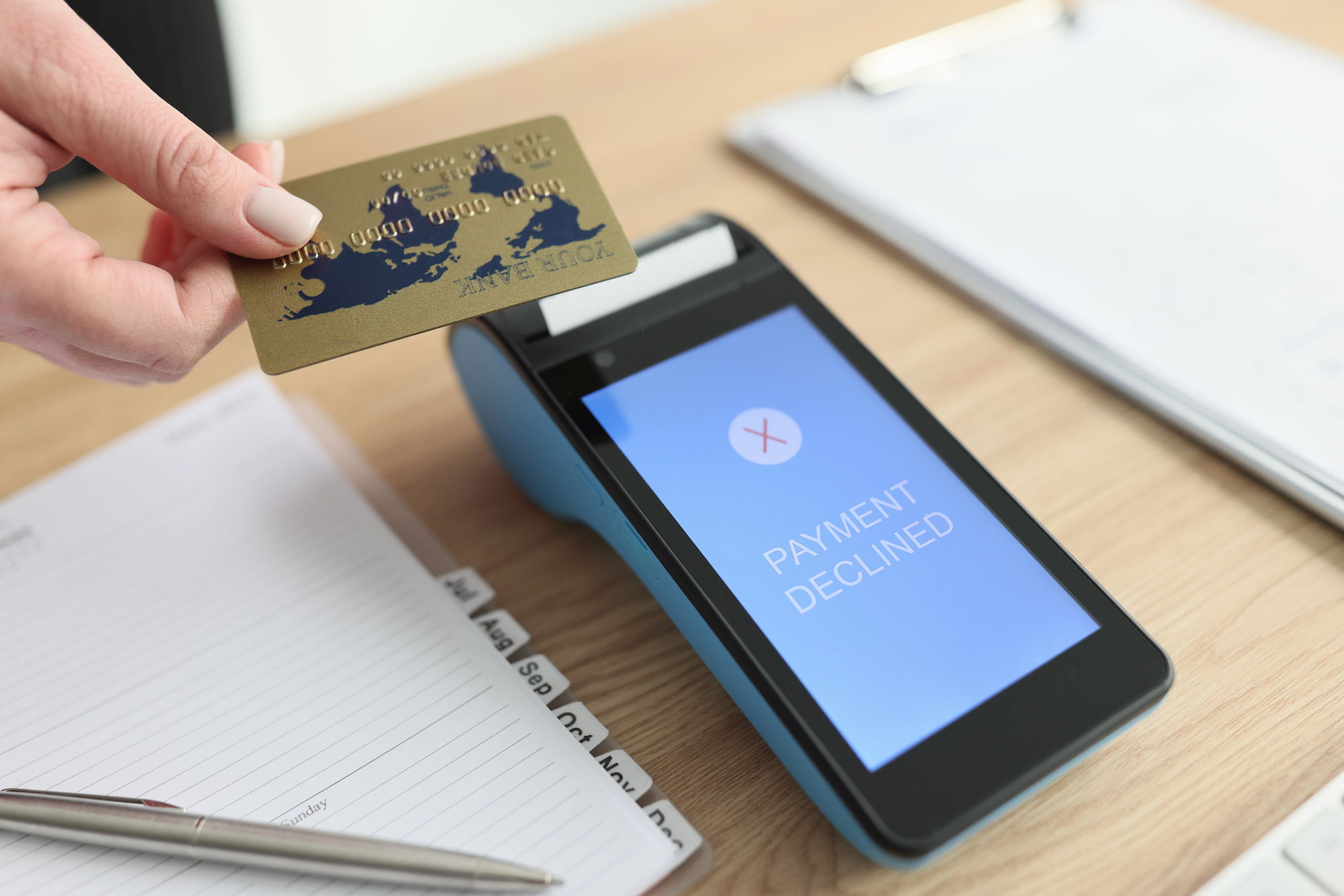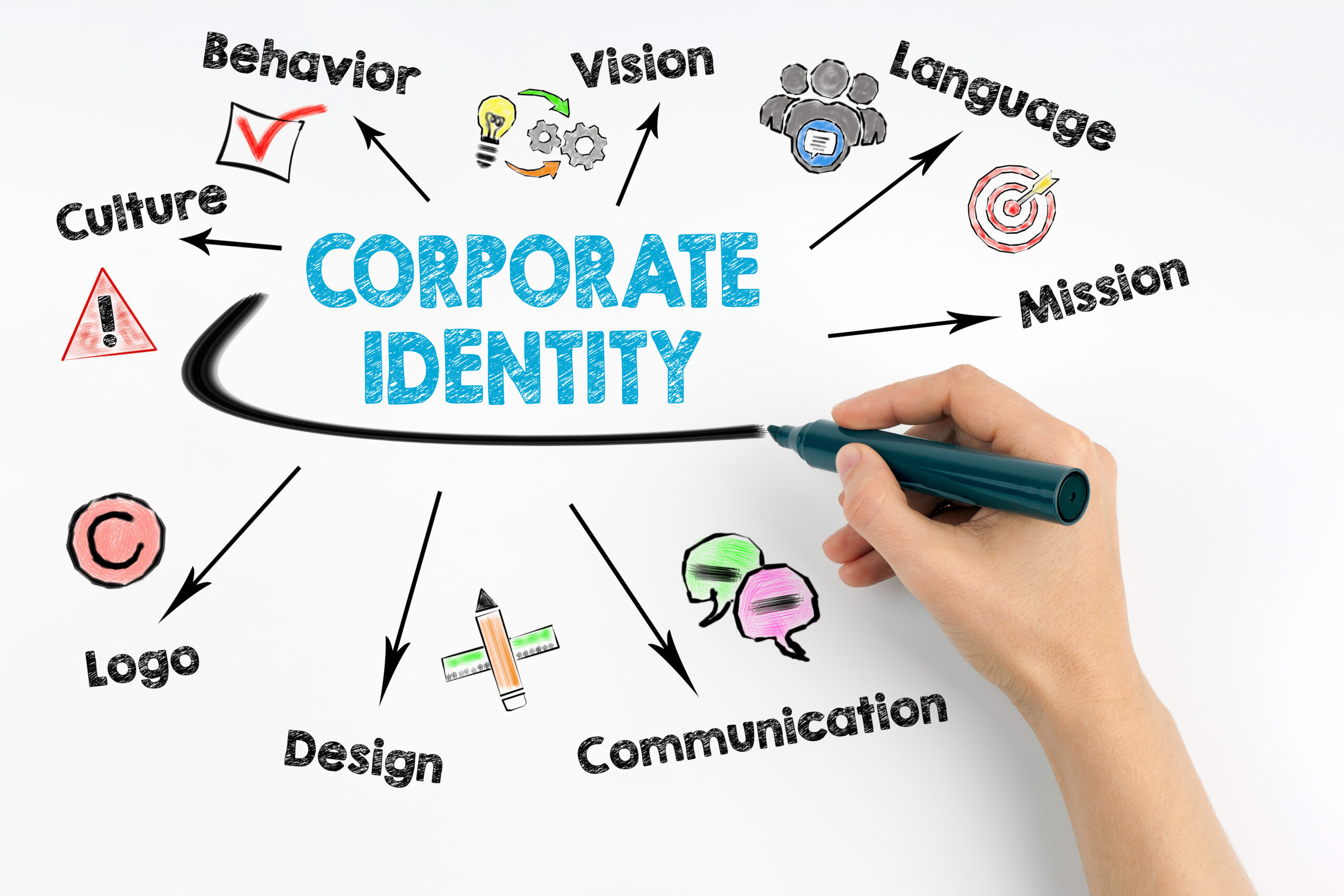If you have ever had your credit card declined, you now it can be quite frustrating and even embarrassing. When this happens, chances are that you already have a debit or credit card to finish checking out. However, once you have finalised your purchase, it is a good idea to find out why your payment didn’t go through. The easiest way to do this is by contacting your bank immediately. There are many reasons why your credit card was declined ranging from simply being expired to something more serious like fraud being detected.
Here are possible reasons why you may have been rejected:
1. You could have reached your limit – this is a common problem as many people tend to spend more than they should. If you have made several purchases using your credit card, you may have lost track of the amount owing and could have maxed out your card. However, most banks do offer a little leeway but this comes at a fee. The risk of going over your credit card limit is higher if you have a low credit card limit. Besides the obvious, one main reason to ensure that you do not max your card is to maintain a good credit score. The amount of credit a person is using plays an integral role in their credit score.
2. Your purchase may have been flagged as fraud – the problem of identity theft such as credit card fraud is very common. Card issuers are always on the lookout for suspicious activity and sometimes legitimate purchases may be flagged as potential fraud. If the identity theft goes undetected then someone could steal and sell your personal information and run up the bill. When your card is declined and you know you have plenty of credit, call the number available at the back of the card and lift any freezes the issuer may have put in place. If you find that there ate unauthorized purchases on your account, contact the credit card issuer immediately.
3. Large pending transaction – Companies like rental car providers and hotels may place your card on hold to ensure that you have enough credit available to pay your bill. While the hold is in place, your card issuer may decline other purchases until it has been cleared. Generally merchants will tell you if they are placing a hold for things like incidentals and security deposits.
4. You may be behind on your payments – Credit card issuers may restrict your usage of the card if they find that you have missed payments. They will decline the card until the outstanding amount has been paid. They will tell you how much you need to pay in order to get your account in right standing. Late payments also mean late fees so you may have to pay your bank if you are paying late however some banks will waive this fee.
5. Your credit card may be expired – your credit card company will send you a notice to let you know that your card is about to expire and that you need to pick up your new cards soon. You may have been sent the new card but never received it for various reasons. Once the expiration date has passed on your current card, you will no longer be able to use it.
6. Your credit card was closed – In the rare instance; your credit card may have been closed without you having any knowledge. Card companies may close accounts for many reasons. If your credit score is low, they may opt to close your account as you are now seen as a high-risk borrower.
Card companies close accounts for a number of reasons. If your credit score has dropped significantly since you opened the account, they may choose to close it because you’re now a high-risk borrower. Card issuers also close inactive accounts so if you have not used your card in a while and do not have a balance on the card, they may close your account.
How can you safeguard against your credit card being declined?
There are a few simple steps that can be taken to manage your credit card accounts and avoid it getting declined:
- Sign up for alerts via email – so that you are alerted when you are about to reach the limit
- Use autopay – This helps to avoid late payments
- Try to pay off your balance each month as this will also improve your credit score.
- Pay attention to communication received by the card issuer
- Keep a close eye on your credit
While there may be no guarantee against your card being turned down even if your account is managed well, your issuer could make a mistake and block legitimate purchases in an attempt to safeguard against fraud. By monitoring your account and your credit, you can reduce the chance of being declined.




